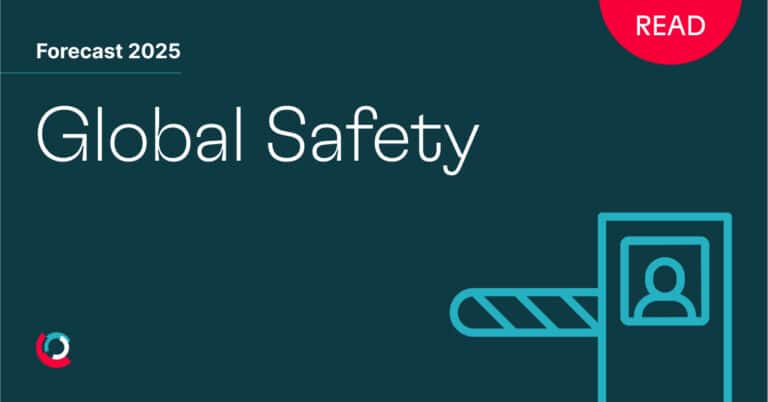Pride Month in 2020 is unlike the ones before. While Pride Month – celebrated annually in many countries during the month of June – would have normally coincided with the beginning of the tourist season and pride parades across much of the Western world, the COVID-19 pandemic means that there are few places to travel and celebrate. However, travel has slowly resumed for some countries that have moved past the peak of the outbreak. Montenegro, the only country in Europe with no active case, allows travellers from select low-risk countries to visit without having to quarantine. Italy reopened its borders to tourists from the European Union and the Schengen Area on 3 June, a feat that felt unimaginable during more than two months of lockdown. Iceland, a leader in both LGBT rights and the fight against COVID-19, is also set to reopen on 15 June.
Transgender travellers
Even as marriage equality has been achieved in a growing number of countries, dozens of others continue to ban homosexuality and gender change. Such countries include popular tourist destinations like the United Arab Emirates (UAE) and the Maldives. In the UAE, transgender, gay and gender non-conforming people have been arrested for violating a law against men “disguised” as women. It is best for travellers in these countries to remain in resort areas. Also, same-sex couples should refrain from holding hands, hugging or kissing in public. Transgender travellers are advised to have their passports and IDs changed before departure to reflect their current gender expression.
Gender presentation
For transgender travellers, frustrations can begin even before travel. Transgender travellers often experience concerns that the discrepancy between their gender presentation. The gender and photo shown on their ID will cause delays and subject them to additional questions at airport security. Body scanners pose another problem. In the United States, body scanners have a software that looks at male and female bodies differently, causing them to falsely detect their anatomies as “anomalies”. In such cases, there are ways to make the process less stressful. When booking tickets and accommodations, transgender travellers should use the same name, gender and birth date as on their ID. Consider opting out of body scans and requesting a manual pat-down and bag screening in a private area. Those who are travelling for medical treatment can obtain a letter from their doctor to explain any change in physical appearance.
Travel safety
In addition to local laws, social norms are another factor to consider for deciding whether a destination is safe. Many communities in countries that officially recognise homosexuality and allow gender change harbour prejudice against the LGBT community. In such countries, LGBT travellers who engage in open displays of affection with each other or appear gender non-conforming are at risk of harassment and assault. They may also feel intimidated from reporting the incident to local police. There may be few or no venues that provide a safe space for the LGBT community and the risk of hate crimes and police raids at such establishments is also possible. Maintain a low profile in countries that lack full protection for the LGBT community. Avoid discussing LGBT-related topics.
Social media
Social media can also put travellers at risk. While dating apps can help travellers connect with local members of the LGBT community, travellers need to exercise caution if they plan to use these in communities that are not LGBT friendly. In Russia, where prejudice is widespread and a law against “gay propaganda” has been in effect since 2013, far-right activists and gang members have used dating apps to lure gay men to assault and extort them. Prior to travel, review privacy settings on social media platforms and reconsider the use of dating applications.
With some countries still refusing to accept the community, LGBT travellers often feel compelled to take additional precautions that others. There is much progress to be made until members of the LGBT community can travel anywhere with ease. Still, LGBT travellers can stay safe and enjoy their time by being aware of their options. Also, it is useful to know the local laws and social norms of their destination before departure.

